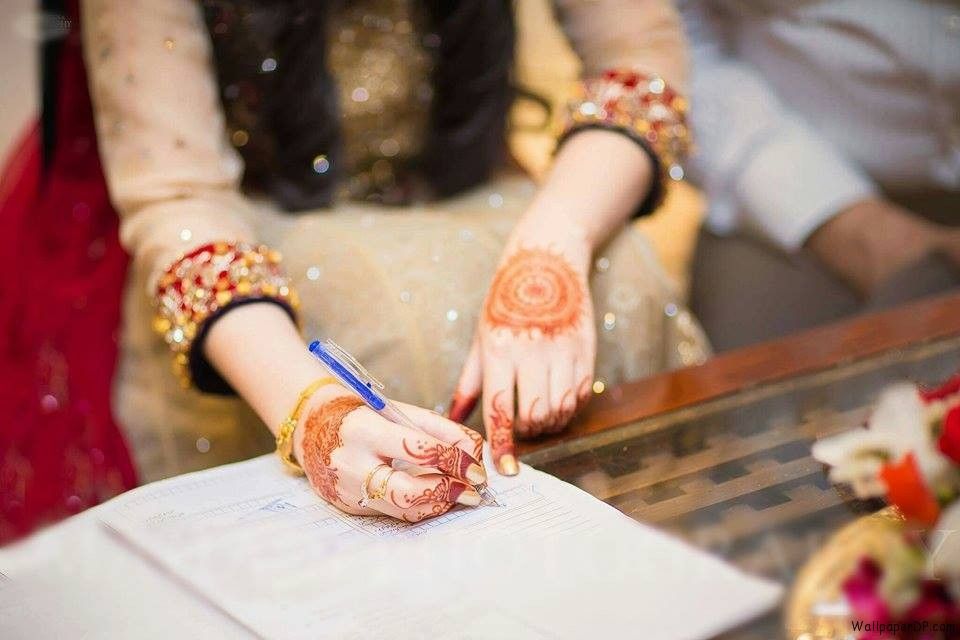In an order issued in a case involving harassment and early marriage of a girl, Justice Aamir Farooq of the Islamabad High Court stated that the federal government should intervene and legislate on the issue to eliminate any ambiguities.
While passing decision in a similar case, the Islamabad High Court advised the Law and Justice Ministry draught a law on the minimum age of girls to get married, citing legal irregularities regarding the age of a person to contract Nikah. Raja Naeem Akber, the Federal Law and Justice Secretary, was reached for comment indicated that the court decision will be followed, and that the relevant department and ministries, such as human rights, would be contacted before any changes to the law were made. “Though no age restriction is established in the Holy Quran, and hence the requirements for entering into Nikah are flexible,” the learned court’s judgement adds, “there is no limitation on the state to legislate regarding the topic and define the age for the aforementioned reasons, as the government of Sindh has done.” “It is not only balughat/puberty but also rushd, which is the second key condition for a person to enter into Nikah,” the edict noted while explaining a passage (No 6) of Surah Nisah.
The word ‘Rushd’ has been explained/defined as integrity of (one’s) deeds, appropriate, reasonable conduct; reason, good sense, senses; consciousness; maturity, according to Hans Wehr’s Dictionary of Modern Written Arabic (of the mind). As a result, a person who has reached puberty and is capable of making sound decisions and has mental maturity can contract Nikah.” According to the Hanafi School of thought, proper age for marriage, according to Imam Abu Hanifa (RA), for male is 18 years and for female is 17 years,” the decree continues. In Muhammadan Law, D.F. Mulla states that a Hanafi lady must be 15 years old. It is illegal for a person over the age of 18 to engage in child marriage restraint under Section 4 of the Child Marriage Restraint Act of 1929.

